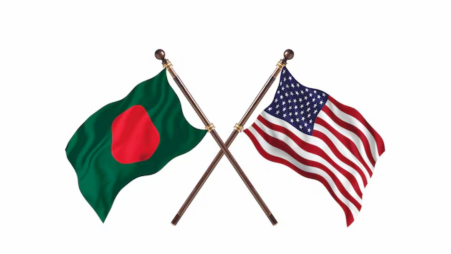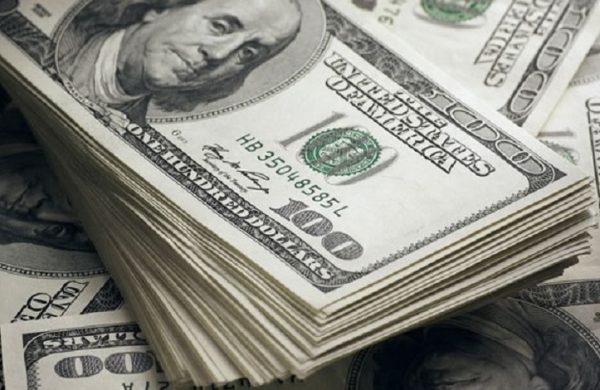Non-leather shoe exports to US triple in July amid tariff shifts
- Update Time : Thursday, August 21, 2025

TDS Desk:
After the implementation of reciprocal tariffs, US purchase orders that had been on hold are returning to Bangladesh’s non-leather footwear factories.
Many American buyers have also begun discussing fresh orders. However, for now, it is mainly the factories with an existing connection with the US market that are receiving these orders first.
Most Bangladeshi non-leather footwear producers export primarily to European Union (EU) countries. But industry insiders believe that recent tariff changes have opened up opportunities to quickly expand Bangladesh’s share in the US market.
Several exporters said some US buyers had shown interest since last year, while long-time buyers are also looking to increase their orders.
As the tariff war reshuffles the market, non-leather shoe exports to the United States have already begun to climb. According to data from the Export Promotion Bureau (EPB), Bangladesh exported non-leather footwear worth USD 3.3 million to the US in July, the first month of fiscal year 2025–26—almost triple the USD 1 million recorded in July last year.
In FY 2024–25, Bangladesh exported USD 520 million worth of non-leather shoes globally, of which USD 19.5 million went to the US. This export is more than 51 per cent higher than the previous year.
Npoly Footwear, a subsidiary of National Polymer (Npoly) Group, has the capacity to produce 350,000 pairs of non-leather shoes per month, employing 3,500 workers. In FY 2024–25, the company exported USD 38 million worth of such shoes, with 8–9 per cent of exports destined for the US
This year, Npoly began working with several new US buyers. Initial shipments were made after trial orders, and those buyers had planned to increase purchases. However, with the tariff hikes, one order of 80,000 pairs was put on hold. That order has now been reinstated, and discussions with other buyers have resumed.
Riyad Mahmud, Managing Director of Npoly Group, told journalist “After the reciprocal tariffs were finalised, American buyers restarted discussions on orders. Until last month they were delivering only about 20 per cent of the committed orders, but now they’re delivering 100 per cent.
As a result, orders for November and December are beginning to grow. Most of our exports are still to the EU, but if US orders expand, we’ll shift some production there. That will help us increase total exports.”
According to the US Department of Commerce’s Office of Textiles and Apparel (OTEXA), the United States imported USD 25 billion worth of footwear last year, of which USD 12 billion were non-leather shoes.
The top seven exporters of non-leather footwear to the US are China, Vietnam, Indonesia, Cambodia, India, Thailand, and Bangladesh. China alone supplied half of the US imports in this category (USD 6 billion), followed by Vietnam with USD 5 billion.
On 31 July, US President Donald Trump revised reciprocal tariffs, reducing the duty on Bangladeshi products to 20 per cent, equal to Vietnam’s. In contrast, Chinese goods now face a 30 per cent tariff.
Tariffs on Indonesian and Cambodian footwear stand at 19 per cent, while Indian products face a higher rate of 25 per cent, along with an additional 25 per cent tariff as punishment for buying Russian oil.
RFL Group established its first export-oriented non-leather footwear factory at Danga Industrial Park in Narsingdi in 2021, later expanding with plants in Rangpur, Rajshahi, and Ishwardi. The group exported USD 50 million worth of shoes last fiscal year, making it one of the country’s leading producers.
RFL initially focused on the EU market but is now producing footwear for SKECHERS, a US brand. Exports to SKECHERS will begin next month, marking the company’s first US brand shipment.
R.N. Paul, Managing Director of RFL Group, said, “The top three exporters of non-leather footwear to the US are China, Vietnam, and Indonesia. With higher tariffs on Chinese goods, some of that business is shifting to Bangladesh. Several brands have already reached out to us, and we expect our market share in the US to grow.”















